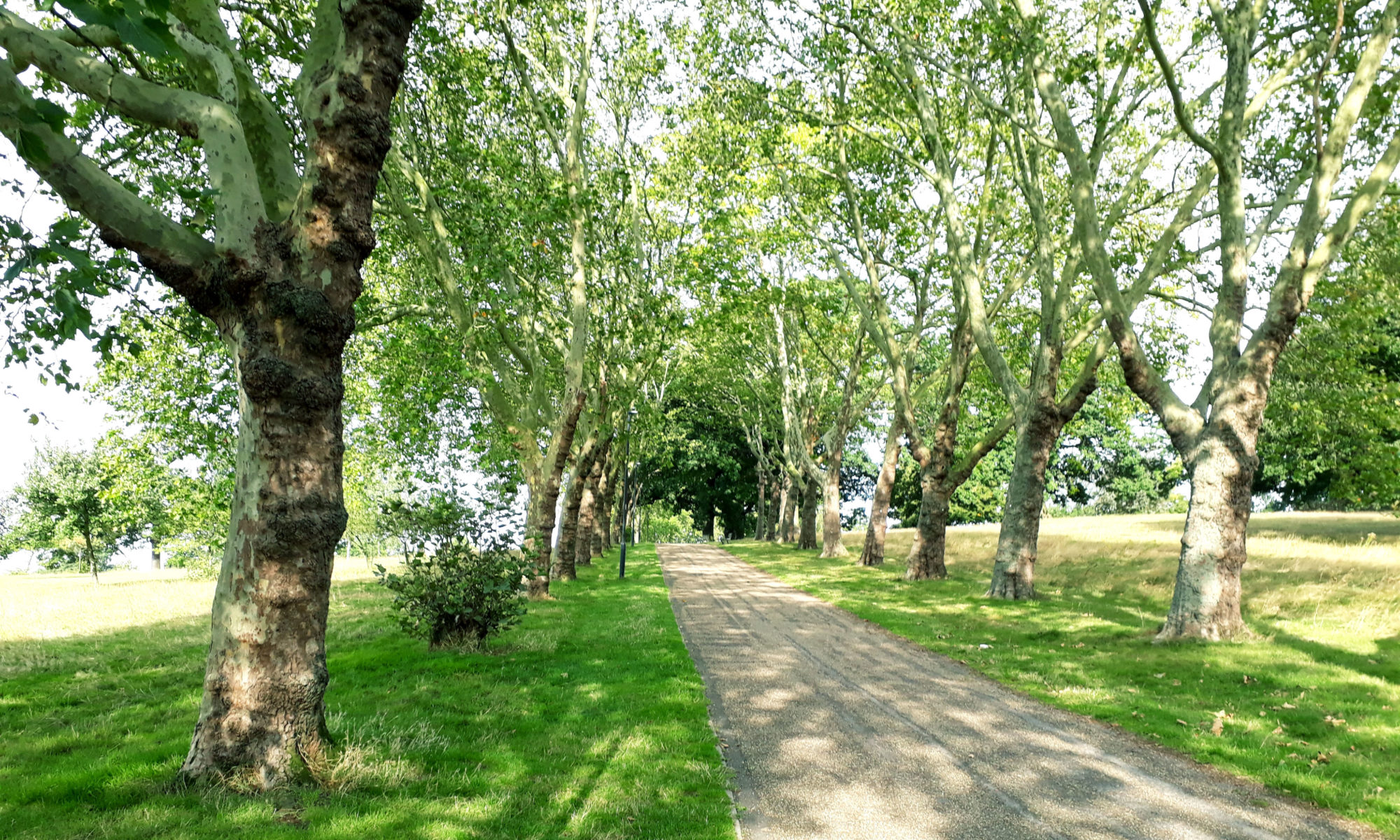
Hello,
I’m Patrick Thamotheram, a qualified acupuncturist and a member of the British Acupuncture Council which is the main regulatory body for UK trained acupuncturists. I practice at Henderson Court Health and Positive Living Hub, Hampstead (temporarily closed). I was lead acupuncturist at Chaim Centre, opposite Willesden Green Tube station, until it closed down. I now have my own clinic nearby. More details on my contacts page.
I am happy to do home visits if you are unable to come to the clinic.
I specialise in:
pain • migraine • anxiety • stress • low energy • depression • migraine insomnia • digestive problems • blood pressure • Bells palsy • back problems • sciatica • arthritis • fertility support • menstrual issues • back problems


